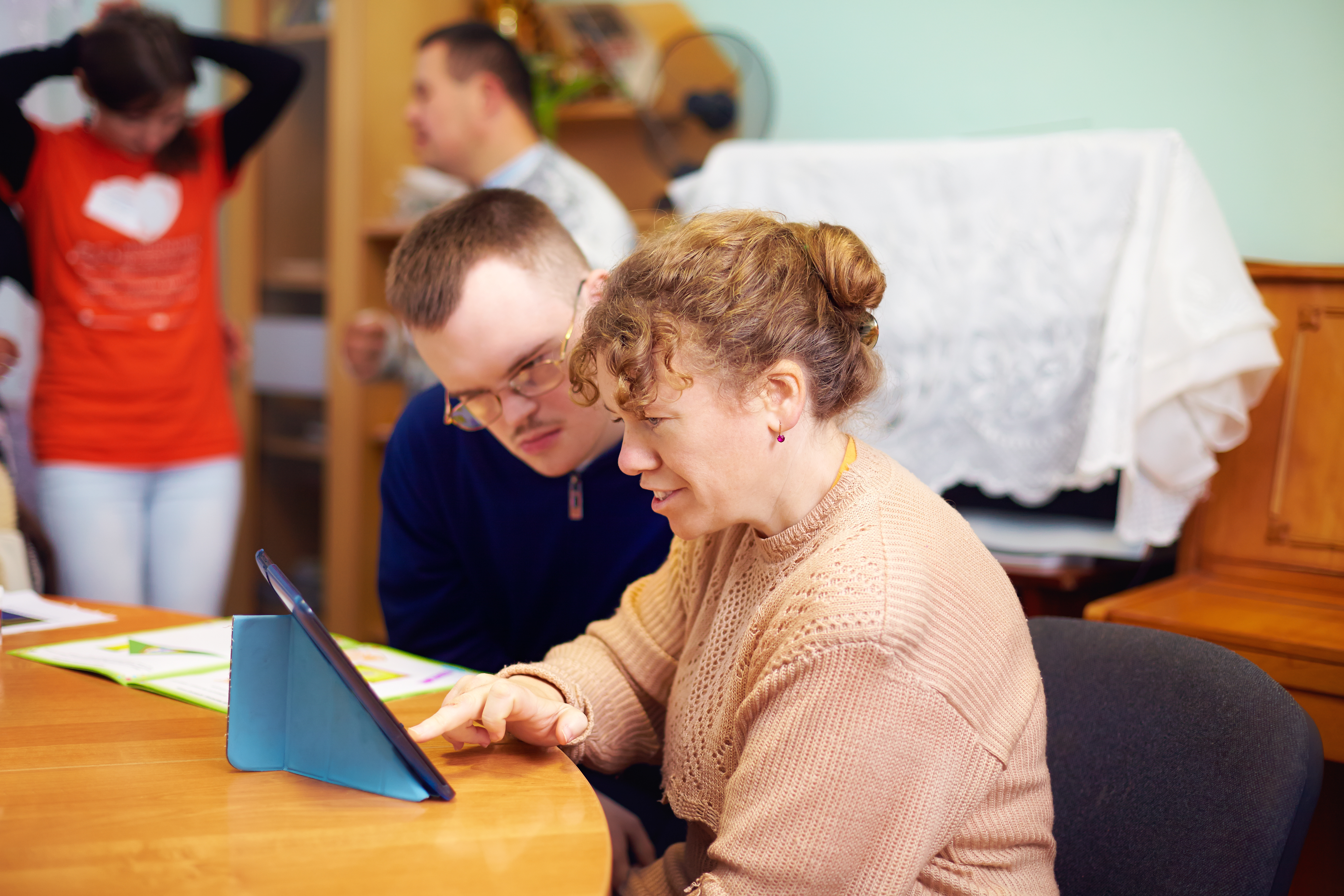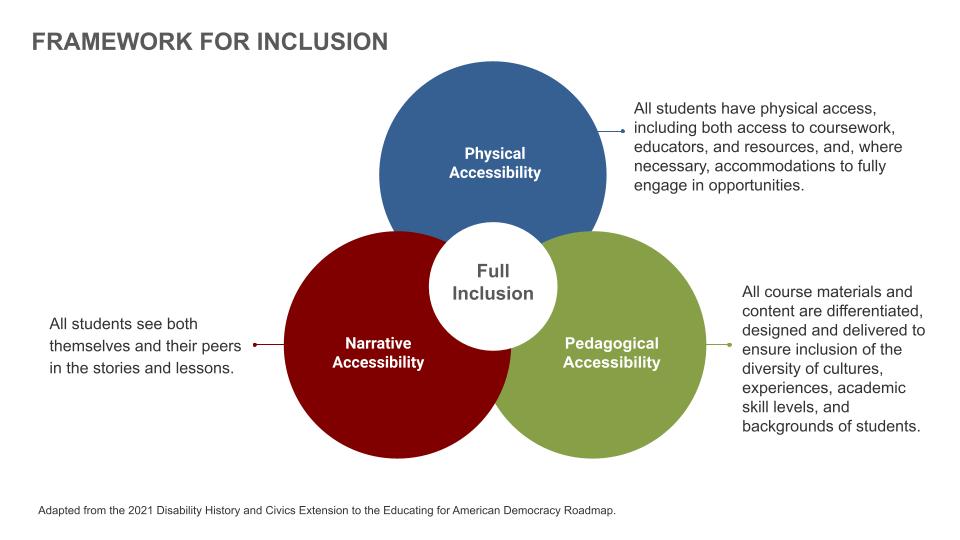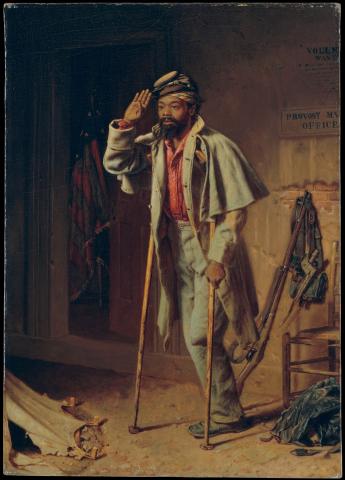A Comprehensive Approach to Full Inclusion
Effective implementation for all learners, especially the 7.5 million Special Education students in the United States, requires careful consideration of accessibility. In particular, educators must pay attention to critical accessibility principles:
- Physical Accessibility: All students have physical access, including both access to coursework, educators, and resources, and, where necessary, accommodations to fully engage in opportunities.
- Pedagogical Accessibility: All course materials and content are differentiated, designed and delivered to ensure inclusion of the diversity of cultures, experiences, academic skill levels, and backgrounds of students.
- Narrative Accessibility: All students see both themselves and their peers in the stories and lessons.
- Adapted from the 2021 Disability History and Civics Extension to the Educating for American Democracy Roadmap.
Physical Accessibility
History and civics teachers must work with their school and district Special Education specialists to ensure that all students have access to classroom resources. There are many excellent adaptive tools available, and each district carefully chooses the tools that it will deploy and support. Consult these professionals in advance for help to ensure that students have full access to discipline-specific materials such as maps, databases, and community sites including museums and historic sites.
Our Accessing Inquiry Clearinghouse outlines some available tools for physical access on its Know and Support Students page.
Pedagogical Accessibility
Emerging America puts Universal Design for Learning (UDL) at the center of all curriculum design. How do we engage student interest and student voice? How do we communicate facts, concepts, and sources to students? How do we strengthen student capacity to express their work and ideas in the widest possible continuum of media and formats? How do we support students to communicate and take action in support of their values?
See the Universal Design page for an introduction to UDL that is uniquely focused on the needs of social studies educators.
Narrative Accessibility
Whose voices do we include in study and research of history and civic life? Who do we include in the narrative? How do we ensure that these expanded narratives emphasize the agency and choices of all people? How do we respectfully portray diverse experiences of empowerment and joy as well as suffering?
Emerging America strongly promotes full inclusion of the stories of people with disabilities across American history. To that end, we created the free Reform to Equal Rights: K-12 Disability History Curriculum.
The Accessing Inquiry Clearinghouse also features a portal page on Disability History and Primary Sources and–in support of English Learners–a portal page on Immigrant History through Primary Sources.
Professional Development on Inclusion for Social Studies Teachers
Join us for Accessing Inquiry for Students with Disabilities through Primary Sources. Offered in spring 2024 with sections online or in-person in Northampton, Massachusetts. Just $100 thanks to a Library of Congress Teaching with Primary Sources Eastern Region grant. Optional graduate credit in history available. This workshop meets the Massachusetts state license renewal requirement for 15 hours of professional development on teaching students with disabilities. See the Accessing Inquiry course description page for further information.
Citations
- Disability History and Civics Extension to the Educating for American Democracy (EAD) Roadmap. (2021). Learning Disabilities Association of America and Emerging America.
- CAST - About Universal Design for Learning.
- The Veteran. Thomas Waterman Wood. Metropolitan Museum of Art.







